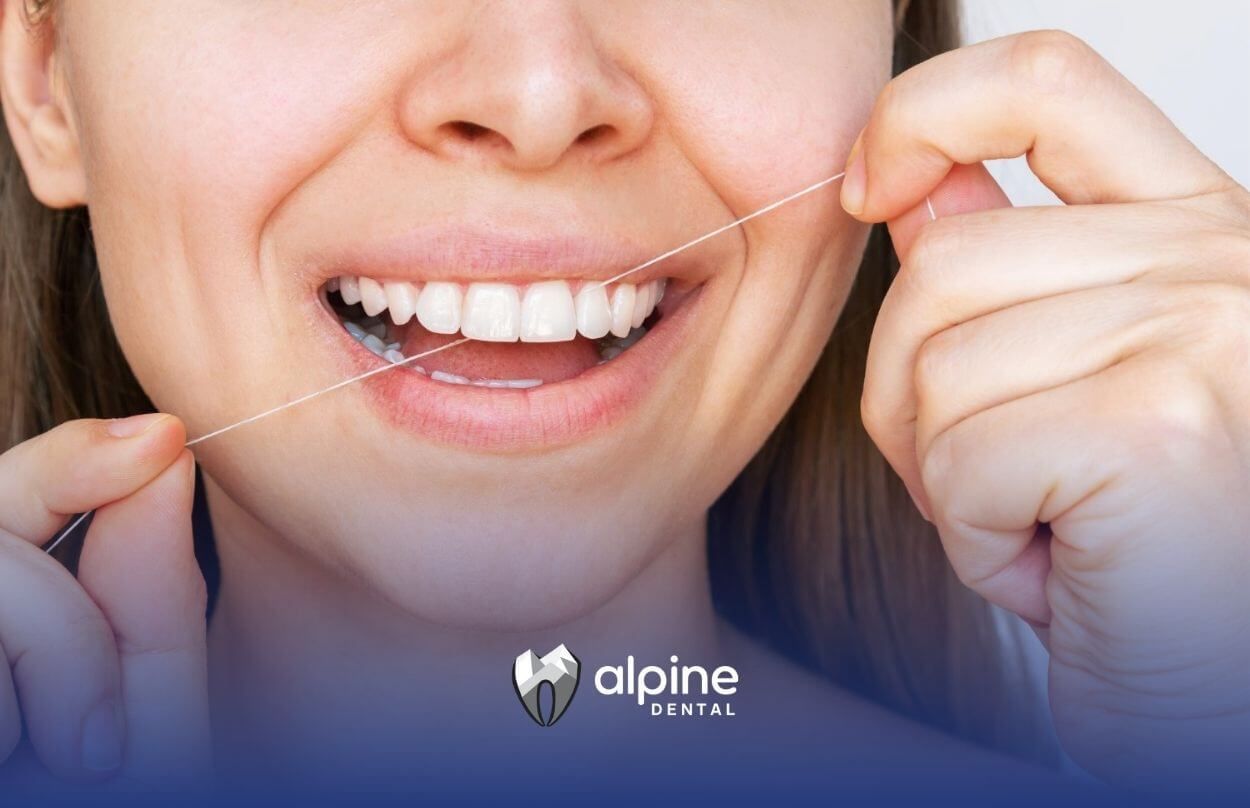Mouth Guards 101: What They Do, Types, and Why They Matter
When most people think about protecting their teeth, they picture brushing, flossing, and regular dental checkups. But there’s another simple tool that can make a huge difference in keeping your smile safe: the mouth guard.
A mouth guard might look like just a small piece of plastic, but its role in dental health is big. From preventing sports injuries to protecting against teeth grinding at night, mouth guards serve many purposes.
If you’ve ever wondered what exactly a mouth guard does—and whether you need one—this guide will walk you through everything you should know.
The Primary Role of a Mouth Guard
At its core, a mouth guard acts as a protective cushion. It creates a barrier between your teeth and whatever force or pressure might cause damage. Depending on your needs, a mouth guard can:
- Absorb impact during sports
- Prevent teeth from grinding against each other
- Protect dental restorations (like crowns, implants, or veneers)
- Reduce jaw pain caused by clenching or TMJ disorders
- Support safe healing after certain dental procedures
Think of it as a helmet for your teeth—simple, effective, and often overlooked until it’s too late.
Common Reasons People Wear Mouth Guards
Not everyone needs a mouth guard, but for those who do, it can make a world of difference. Here are the most common scenarios:
1. Sports Protection
Athletes—whether in contact sports like football and boxing, or high-risk activities like skateboarding—face a constant risk of dental injuries.
A mouth guard cushions the impact, reducing the chance of broken teeth, cut lips, and even jaw fractures. Many leagues and schools now require athletes to wear one for safety.
Fun fact: The American Dental Association estimates that mouth guards prevent more than 200,000 sports-related dental injuries each year.
2. Bruxism (Teeth Grinding)
Many people grind or clench their teeth at night without even realizing it. Over time, this habit (called bruxism) can wear down enamel, cause cracks, increase tooth sensitivity, and lead to jaw pain or headaches.
A night guard worn while sleeping prevents upper and lower teeth from grinding directly against each other.
3. TMJ Disorders
The temporomandibular joint (TMJ) connects your jawbone to your skull. When it’s overworked or misaligned, it can cause pain, clicking, or difficulty opening and closing your mouth. A custom mouth guard can help relax the jaw muscles, relieve strain, and improve comfort.
4. Orthodontic and Dental Work
Sometimes, patients with braces, veneers, or implants benefit from added protection. A mouth guard prevents accidental damage to dental appliances and shields fragile teeth during healing.
Types of Mouth Guards
Not all mouth guards are created equal. Choosing the right one depends on your needs and budget.
1. Stock Mouth Guards
- Pre-formed and ready to wear
- Inexpensive and widely available at sporting goods stores
- Downsides: bulky, poor fit, makes breathing or talking difficult
2. Boil-and-Bite Mouth Guards
- Made from thermoplastic material
- Softened in hot water, then molded to your teeth by biting down
- Better fit than stock guards, affordable, good for recreational athletes
3. Custom-Made Mouth Guards
- Created by a dentist using an impression of your teeth
- Superior comfort, precise fit, maximum protection
- Recommended for athletes, bruxism, or TMJ patients
- More expensive but often worth the investment
Tip: If you grind your teeth at night or need protection for dental restorations, a custom guard is always the best choice.
Benefits of Wearing a Mouth Guard
The benefits of using a mouth guard extend far beyond just avoiding a chipped tooth. Some of the biggest benefits include:
- Prevents dental emergencies: Shields against broken, fractured, or knocked-out teeth
- Protects soft tissues: Keeps lips, cheeks, and tongue from being cut
- Reduces risk of jaw injuries: Absorbs shock during impact
- Saves money: Prevents costly dental repairs or replacements
- Improves sleep: Night guards reduce grinding-related discomfort and headaches
- Preserves dental work: Protects crowns, veneers, or implants from damage
How to Care for a Mouth Guard
Like any dental appliance, proper care extends the life of your mouth guard and keeps it hygienic. Here’s how:
- Rinse before and after use with cool water
- Brush gently with a toothbrush (avoid toothpaste, which can scratch it)
- Store in a ventilated container to prevent bacteria buildup
- Keep away from heat, which can warp the material
- Clean weekly with mild soap or a dental appliance cleaner
- Bring it to dental visits so your dentist can check for wear and tear
With proper care, a high-quality custom mouth guard can last several years.
Signs You Might Need a Mouth Guard
Wondering if a mouth guard is right for you? Here are some telltale signs:
- You wake up with jaw soreness, headaches, or tooth sensitivity
- Your teeth show signs of flattening, chips, or fractures
- You play contact sports without dental protection
- You’ve had dental work (veneers, crowns, implants) and want to protect it
- You’ve been diagnosed with TMJ or experience jaw clicking/popping
If you check any of these boxes, it’s worth talking to your dentist.
The Bottom Line
A mouth guard is a small investment that can make a huge impact on your oral health. Whether it’s protecting an athlete from a broken tooth, preventing years of damage from grinding, or easing jaw pain, this simple device is one of dentistry’s best preventive tools.
At Alpine Dental, our team takes the time to craft solutions that fit your unique needs. Because your smile deserves nothing less than the best protection.
If you’re looking for the best dentist in New Jersey for preventive and restorative dental care, Alpine Dental is here for you.
FAQs
Do mouth guards really protect teeth?
Yes—mouth guards reduce the risk of broken or knocked-out teeth, and night guards prevent enamel wear from grinding.
How long should a mouth guard last?
Custom guards can last several years with proper care, though athletes and grinders may need replacements more often.
Can I wear a sports mouth guard as a night guard?
No—sports guards are designed for impact protection, while night guards are built to handle grinding pressure.
Sources:
- https://my.clevelandclinic.org/health/treatments/10910-mouthguards
- https://www.mayoclinic.org/diseases-conditions/bruxism/symptoms-causes/syc-20356095
- https://www.ada.org/resources/ada-library/oral-health-topics/athletic-mouth-protectors-mouthguards
- https://www.mouthhealthy.org/all-topics-a-z/mouthguards
- https://www.sleepfoundation.org/best-mouthguard-for-teeth-grinding




